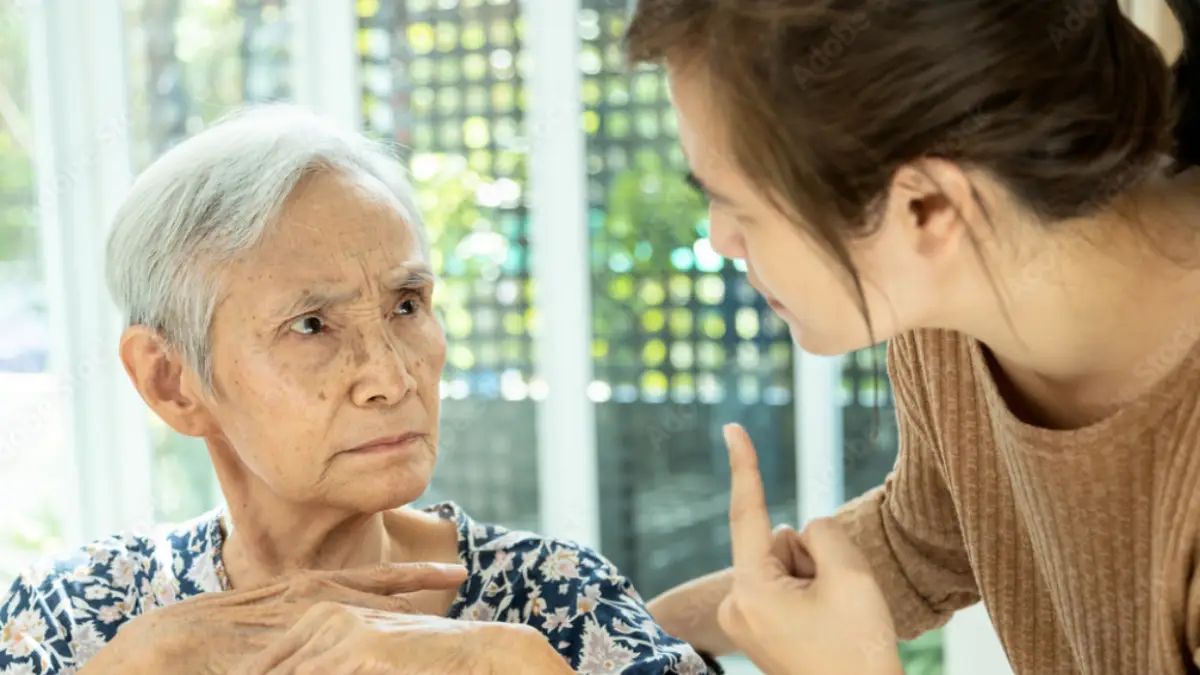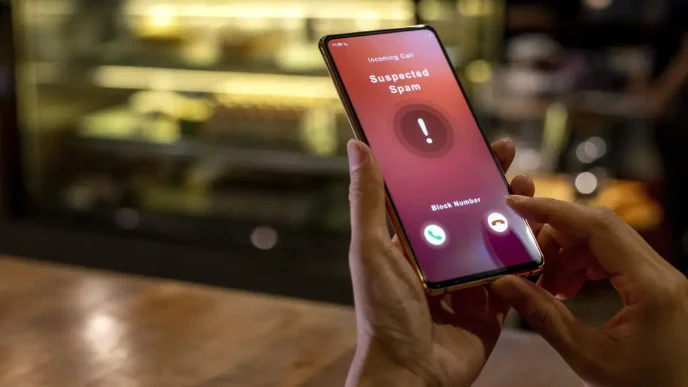In a groundbreaking stride for healthcare technology, a new AI-powered digital application developed in Singapore is transforming the way early memory problems and pre-dementia are identified among seniors. Known as Pensieve-AI, this innovative tool promises to detect pre-dementia with an accuracy rate of up to 93 percent in less than five minutes, offering a faster and more accessible alternative to traditional screening methods.
A Leap Forward in Dementia Screening
Pensieve-AI, a collaborative effort between Singapore General Hospital (SGH) and the Government Technology Agency of Singapore (GovTech), allows seniors to complete a simple test independently or with minimal assistance. The test, which involves four drawing tasks on a tablet using a stylus, assesses various aspects of cognitive function and memory. Within just 3.5 minutes, the app’s AI analyzes the drawings for signs of mild cognitive impairment, often referred to as pre-dementia—a condition that can be mistaken for normal aging but may manifest as frequent memory lapses or difficulty with daily tasks.
Unlike current screening tools, which takes time to train staff to be able to administer, Pensieve-AI streamlines the process significantly. Traditional tests often involve tasks like drawing a clock on paper or recalling unrelated words, such as “banana, sunrise, and chair.” In contrast, Pensieve-AI’s digital interface not only reduces the time needed but also minimizes dependency on literacy skills or professional oversight, making it a more inclusive solution for Singapore’s aging population.
Dr. Liew Tau Ming, a senior consultant in the department of psychiatry at SGH, highlighted the app’s potential during its development phase. “It was in June 2020 when we started to discuss and develop the app. A year later, in June 2021, we started our study on whether the AI would be able to detect pre-dementia. We recruited nearly 1,800 seniors aged 65 and above for the study” he explained.
Proven Accuracy and Future Rollout
A nationwide study completed in September 2024 demonstrated the app’s impressive accuracy, achieving a 93 percent success rate in detecting pre-dementia—comparable to the current gold standard of detailed cognitive testing. The findings, published in the scientific journal Nature Communications in late March 2025, underscore Pensieve-AI’s reliability as a diagnostic tool. With such promising results, the app is slated for a full rollout in 2026, when it will become available at community sites in the form of dedicated tablets. Notably, it will not be downloadable on personal smartphones to prevent users from memorizing the tasks through repeated practice.
The urgency of such innovations is clear as Singapore grapples with an aging population. By 2030, projections suggest that around 80,000 of the nearly one million seniors in the city-state could be living with dementia. Early detection through tools like Pensieve-AI could play a critical role in managing this growing public health challenge, enabling timely interventions that may slow the progression of cognitive decline.
A Personal Impact: One Family’s Story
For many families, the introduction of Pensieve-AI has already made a profound difference. Madam Tan Yew Tee, an 84-year-old participant in the nationwide study, was diagnosed with early dementia after undergoing the test. Her daughter and caregiver, Nancy Hoon, aged 59, recalled how the discovery came about almost by chance. “My mother has a penchant for bringing home brochures, and it was a blessing that she brought the one on Pensieve-AI back from the active aging center she was attending” Ms. Hoon shared.
Before the diagnosis, Ms. Hoon had attributed her mother’s forgetfulness—such as repeatedly asking about the day every few minutes—to the natural effects of aging. “That was how we found out her condition. Otherwise, I would have thought she was just getting older, and her memory lapses were all part of aging. It was exasperating. Only after I found out that she has early dementia did I become more understanding towards her” she added.
Since the diagnosis, Madam Tan has continued attending an active aging center, where her daughter ensures she engages in social activities like arts and crafts with other seniors. “The socialization seems to have helped stave off the condition. She seems happier and is no longer the woman who sat and daydreamed in front of the television every day” Ms. Hoon observed. This personal account highlights how early detection can foster not only medical awareness but also emotional support and lifestyle adjustments that enhance quality of life.
Addressing a Silent Epidemic
Mild cognitive impairment often goes undiagnosed because its symptoms—such as trouble finding the right words or managing daily tasks—can be subtle and easily dismissed as part of aging. Yet, as Dr. Liew noted, these signs can indicate the onset of more serious conditions. Pensieve-AI aims to bridge this gap by offering a quick, user-friendly screening method that empowers seniors and their families to seek help sooner rather than later.
The app’s development comes at a pivotal moment for Singapore, where the demographic shift towards an older population is accelerating. With dementia cases expected to rise sharply in the coming years, accessible tools like Pensieve-AI could alleviate pressure on healthcare systems by identifying at-risk individuals early, potentially reducing the need for more intensive interventions later on.
Looking Ahead: Challenges and Opportunities
While Pensieve-AI represents a significant advancement, its rollout will require careful planning to ensure equitable access across diverse communities in Singapore. Community centers will need to be equipped with the necessary technology and staff trained to assist seniors who may be unfamiliar with digital devices, even if the app is designed for independent use. Additionally, public education campaigns will be crucial to raise awareness about the importance of early screening and to dispel misconceptions about dementia as an inevitable part of aging.
Moreover, the app’s focus on drawing tasks raises questions about cultural and linguistic adaptability. While the current design appears effective for Singapore’s population, further research may be needed to assess its suitability for other regions or ethnic groups with different artistic or cognitive baselines. As the app prepares for wider implementation, these considerations will be vital to maximizing its impact.
Beyond Singapore, Pensieve-AI could serve as a model for other aging societies in Southeast Asia and globally. Countries like Thailand and Malaysia, which are also facing rising dementia rates amid rapidly aging populations, might benefit from similar AI-driven solutions tailored to their local contexts. The success of Pensieve-AI could inspire a wave of innovation in eldercare, blending technology with compassionate healthcare delivery.
As Singapore moves closer to the 2026 rollout, the story of Pensieve-AI is one of hope and progress. For seniors like Madam Tan and families like the Hoons, this tool offers not just a diagnosis but a pathway to understanding and support. Whether it can fully meet the challenges of an aging society remains to be seen, but its early promise suggests a future where technology and humanity walk hand in hand.
















